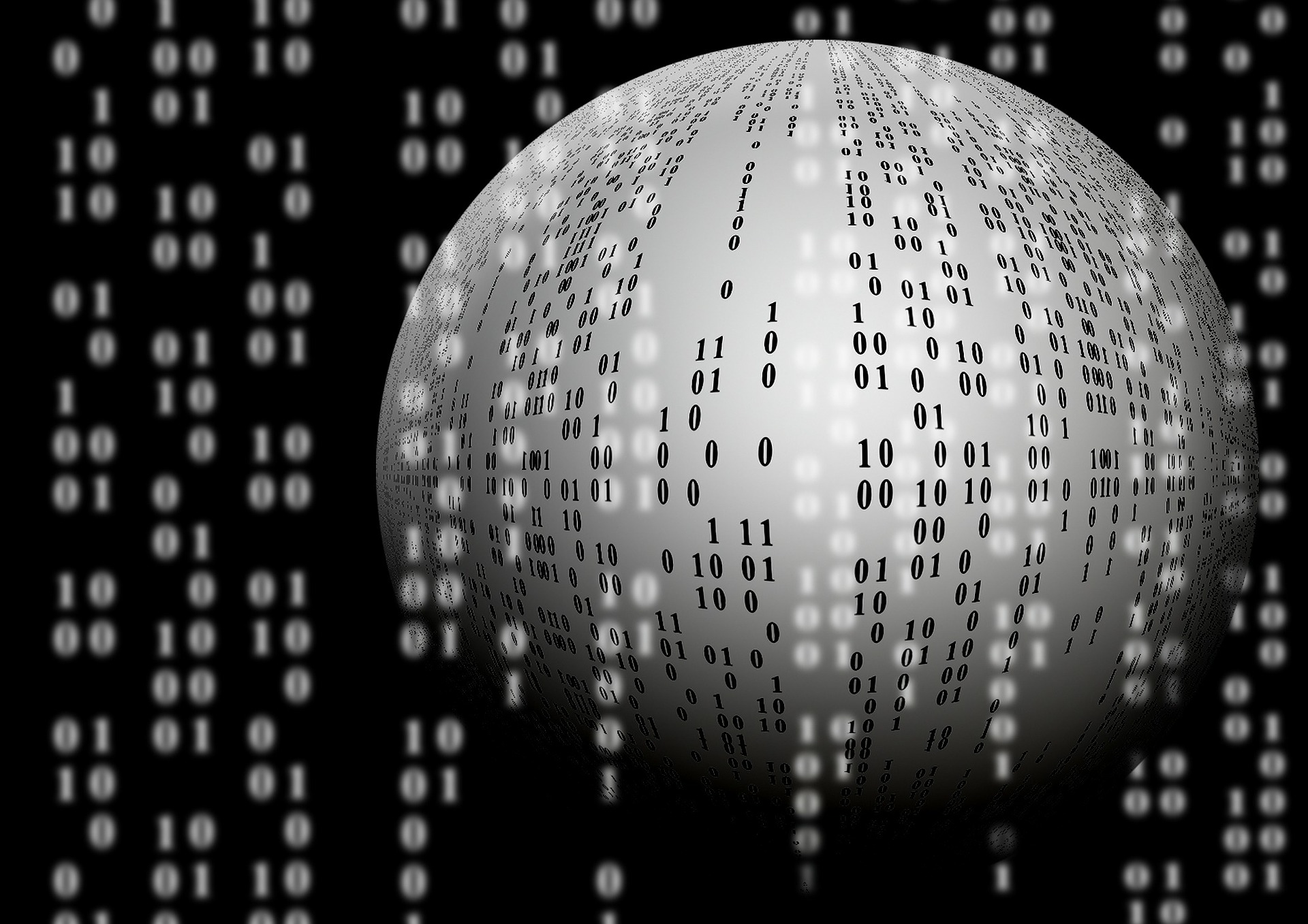
What are the advantages of blockchain?
With the continuous opening of my country's blockchain outlets, blockchain technology has been strongly sought after by major industries. Compared with other technologies, what are the advantages of blockchain? This paper will expand through the following four aspects:
First of all, the advantages of the blockchain are reflected in decentralization: no third-party intervention is required to achieve peer-to-peer transactions, coordination and collaboration. In the blockchain system, no organization or individual can control the global data, and any node stop working will not affect the overall operation of the system. This kind of decentralized network will greatly improve data security.
Secondly, the advantage of the blockchain is that the data cannot be tampered with: the blockchain uses encryption technology to verify and store data, and uses a distributed consensus algorithm to add and update data. The blockchain requires each node to participate in verifying transactions and generating blocks; Modifying any data requires changing all subsequent records, and it is extremely difficult to modify single-node data. In the security scheme of the traditional information system, the security depends on the access control fortified layer by layer. Through blockchain technology, the database that records transactions can be accessed by anyone, but due to the ingenious design and supplemented by cryptography and consensus mechanisms, the data recording method of the blockchain makes it necessary to change all subsequent data records to modify a certain data. It is extremely difficult. Once the information is verified and added to the blockchain, it will be stored permanently. Unless more than 51% of the nodes in the system can be controlled at the same time, the modification of the database on a single node is invalid, so the data of the blockchain is stable. High reliability and reliability.
Not only that, the advantages of the blockchain also reflect data security, reliability and traceability: the written block content will be copied to each node, and each node has the latest complete copy of the database and all record information is public , anyone can query the block data through the public interface. Each transaction in the blockchain is solidified into the block data through chain storage, and at the same time, all transaction records of all blocks are processed with superimposed HASH summaries through cryptographic algorithms, so it can be traced back to any transaction history.
Finally, the advantage of the blockchain is reflected in the collective maintenance: the decentralized characteristics of the blockchain determine its collective maintenance. Traditional centralized institutions usually have three roles: data storage, data managers, and data analysts. The blockchain is jointly maintained by all participants in a peer-to-peer manner. Transfer of rights to achieve joint collaboration.
The above are the advantages of the blockchain. With the continuous change of technology and the continuous landing of application scenarios, it is believed that the blockchain can bring more tangible benefits to people's lives.